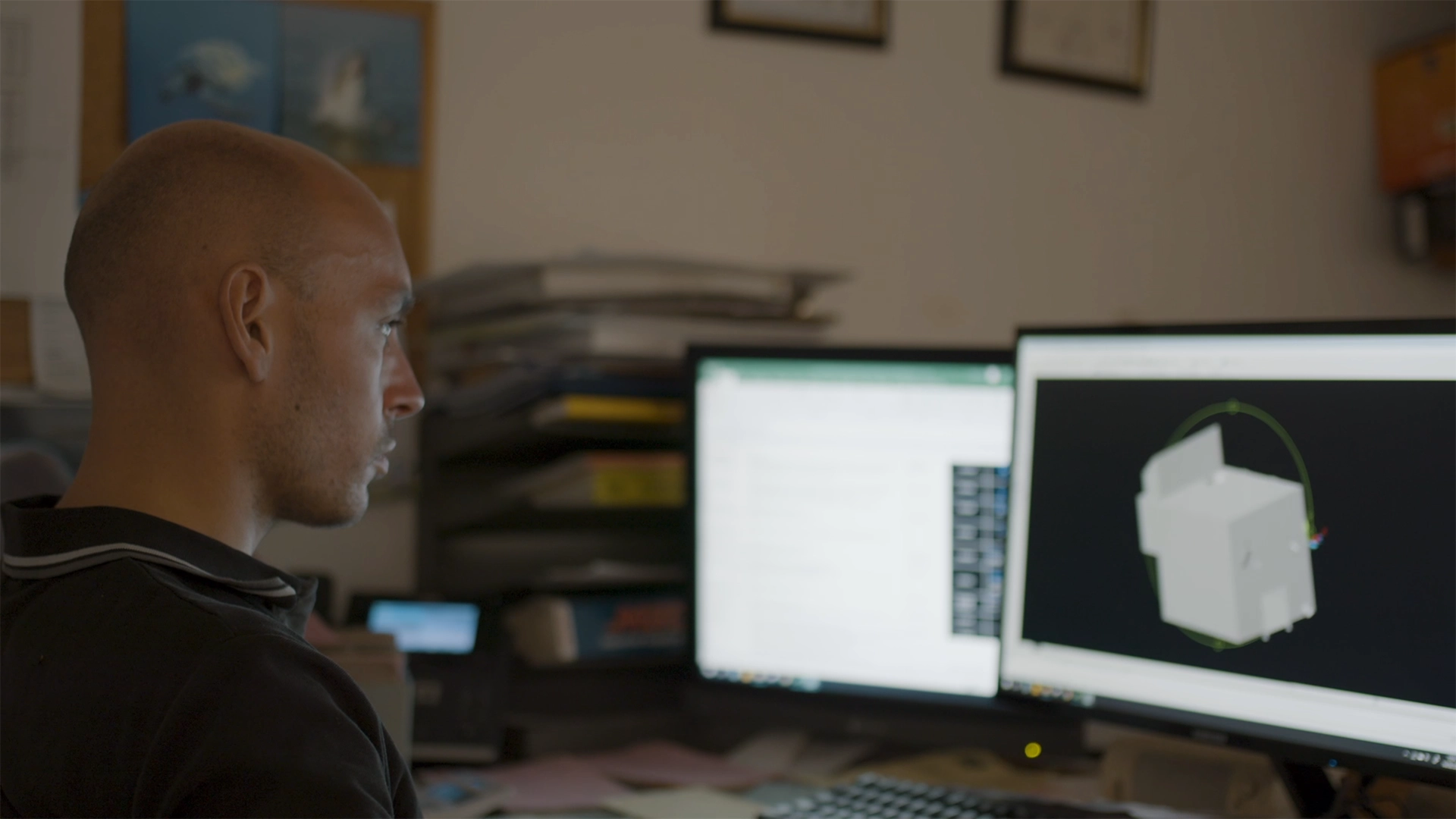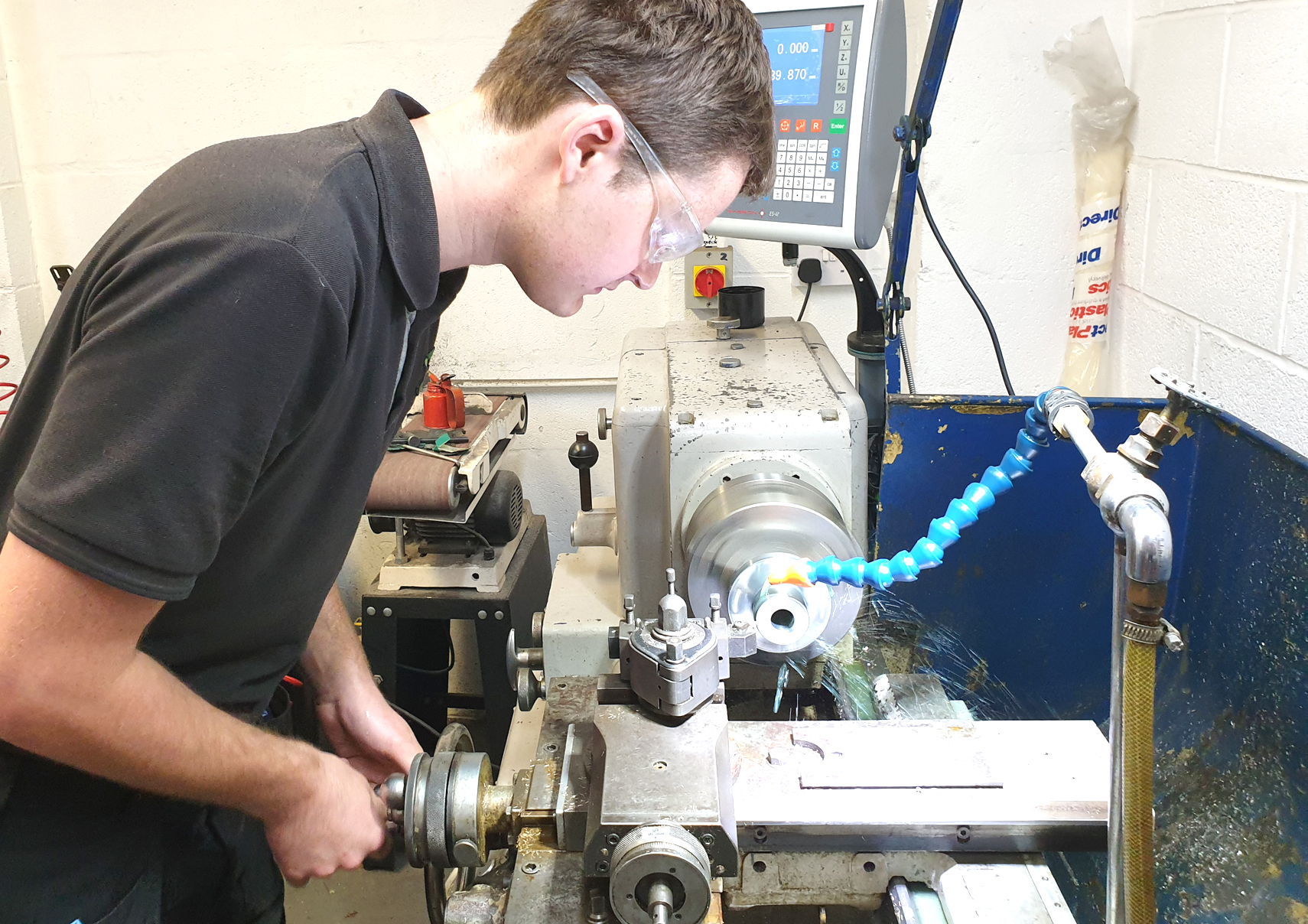 Get in touch
Get in touch
Made in house, by a team you can trust
Manufacturing
Manufacturing Capabilties
To ensure we can respond to partner requirements quickly, we have a wide range of engineering equipment, qualifications and processes available at our Pontypridd workshop. This enables us to recondition machines and parts (such as motors) quickly and cost-effectively, which reduces down-time and costs for our partners.
- Rubber moulding
- Milling
- Turning
- Welding
- Laser cutting
- Blasting
- CAD modelling
Design
Designing cleaning machines involves a careful balance of functionality, efficiency, and user experience. Our engineers must consider the specific cleaning tasks the machine will perform, whether it's for household use, industrial settings, or specialized environments like healthcare facilities. Key factors include the type of surfaces to be cleaned, the machine's maneuverability, power source, and ease of maintenance. Innovations in materials, energy efficiency, and smart technology integration can enhance performance and sustainability. Additionally, ergonomic design is crucial to ensure that the machine is user-friendly, reducing strain and increasing productivity for the operator.

Production
Manufacturing cleaning machines requires a highly coordinated process that combines precision engineering, quality control, and advanced assembly techniques. The production begins with the careful selection of durable materials that can withstand rigorous use and exposure to chemicals. Components such as motors, brushes, and filtration systems are designed and produced with exacting standards to ensure reliability and efficiency. The assembly line integrates these components, often with automation, to maintain consistency and reduce errors. Throughout the process, rigorous testing is conducted to meet safety and performance standards, ensuring that each machine operates effectively before it reaches the market. Additionally, manufacturers must consider scalability, supply chain logistics, and sustainability practices to optimize production and minimize environmental impact.

Testing
Testing cleaning machines is a critical phase in the development process, ensuring that the products meet stringent performance, safety, and durability standards. The testing involves simulating real-world conditions to evaluate the machine's effectiveness on various surfaces, its ability to handle different types of dirt or debris, and its overall cleaning efficiency. Engineers also test the machine's power consumption, noise levels, and ergonomic design to confirm it provides a comfortable and user-friendly experience. Durability tests are conducted to assess how the machine performs over extended periods of use, checking for wear and tear on components. Safety testing is paramount, ensuring that the machine operates without posing risks to the user or the environment. Any issues identified during testing lead to refinements, ensuring that only high-quality, reliable cleaning machines reach the market.